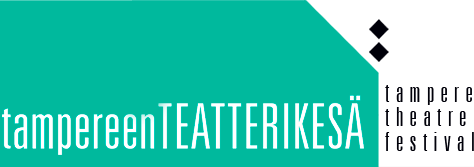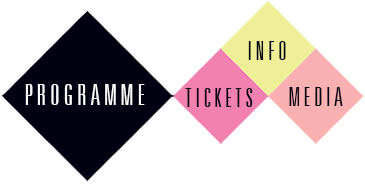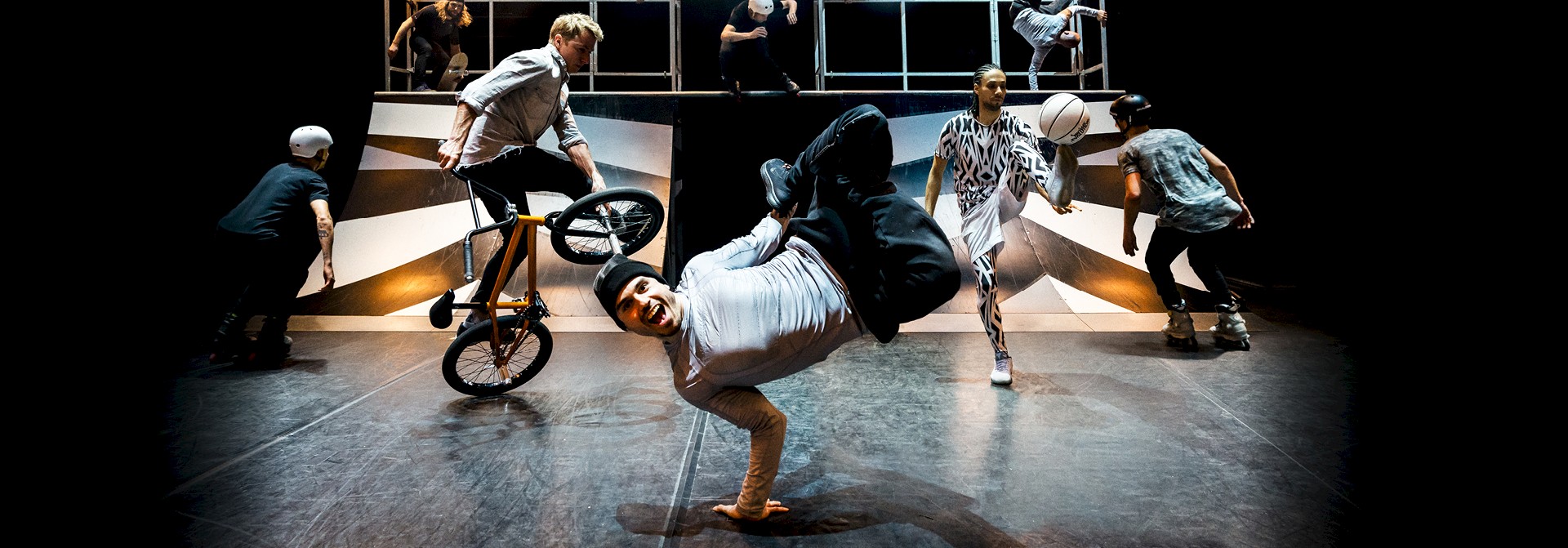World Theatre Day Message
27.3.2018
We can imagine
The tribe launches small stones to bring down birds from the air, when a gigantic mammoth bursts in on the scene and ROARS –
and at the same time, a tiny human ROARS like the mammoth. Then, everyone runs away...
That mammoth roar uttered by a human woman – I would like to imagine her as a woman– is the origin of what makes us the species we are. A species capable of imitating what we are not. A species capable of representing the Other.
Let's leap forward ten years, or a hundred, or a thousand. The tribe has learned how to imitate other beings: deep in the cave, in the flicke ring light of a bonfire, four men are the mammoth, three women are the river, men and women are birds, bonobos, trees, clouds: the tribe represents the morning's hunt, thus capturing the past with their theatrical gift. Even more amazing: the tribe then invents possible futures, essaying possible ways to vanquish the mammoth, the enemy of the tribe.
Roars, whistles, murmurs – the onomatopoeia of our first theatre — will become verbal language. Spoken language will become written language. Down another pathway, theatre will become rite and then, cinema. But along these latter forms, and in the seed of each one of these latter forms, there will always continue to be theatre. The simplest form of representation. The only living form of representation.
Theatre: the simpler it is, the more intimately it connects us to the most wondrous human skill, that of representing the Other.
Today, in all the theatres of the world we celebrate that glorious human skill of performance. Of representing and thus, capturing our past —and of inventing possible futures, that can bring to the tribe more freedom and happiness. What are the mammoths that must be vanquished today by the human tribe? What are its contemporary enemies? About what should theatre that aspires to be more than entertainment be about?
For me, the greatest mammoth of all is the alienation of human hearts. The loss of our capacity to feel with Others: to feel compassion for our fellow humans and for our fellow non-human living forms.
What a paradox. Today, at the final shores of Humanism — of the Anthropocene — of the era in which human beings are the natural force that has changed the planet the most, and will continue to do so— the mission of the theatre is –in my view – the opposite of that which gathered the tribe when theatre was performed at the back of the cave: today, we must salvage our connection to the natural world.
More than literature, more than cinema, the theatre — which demands the presence of human beings before other human beings — is marvelously suited to the task of saving us from becoming algorithms, pure abstractions.
Let us remove everything superfluous from the theatre. Let us strip it naked. Because the simpler theatre is, the more apt it is to remind us of the only undeniable thing: that we are, while we are in time; that we are only while we are flesh and bone and hearts beating in our breasts; that we are the here and now, and no more.
Long live the theatre. The most ancient art. The art of being in the present. The most wondrous art. Long live the theatre.
Sabina Berman, Mexico
Writer, playwright, journalist


